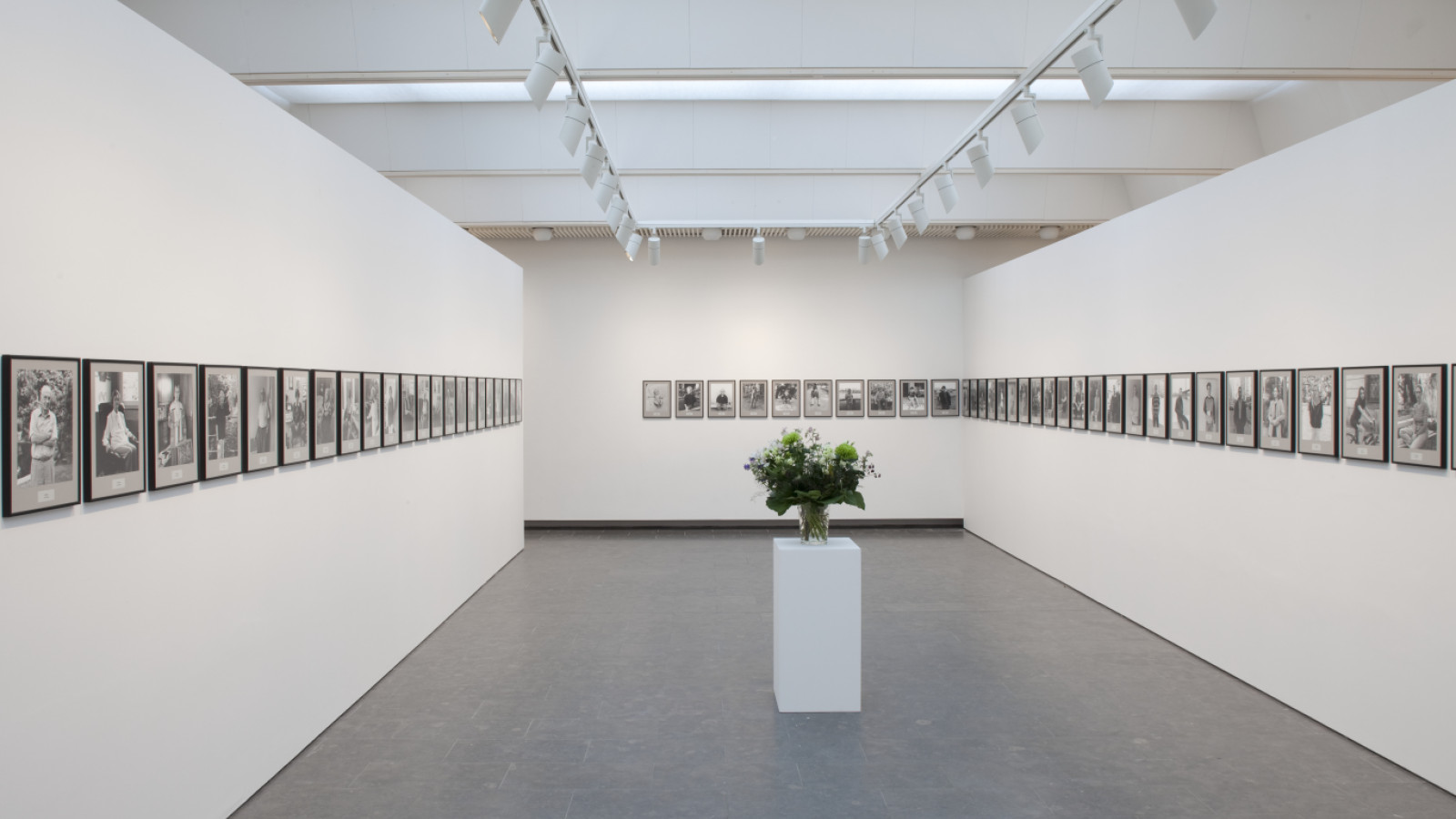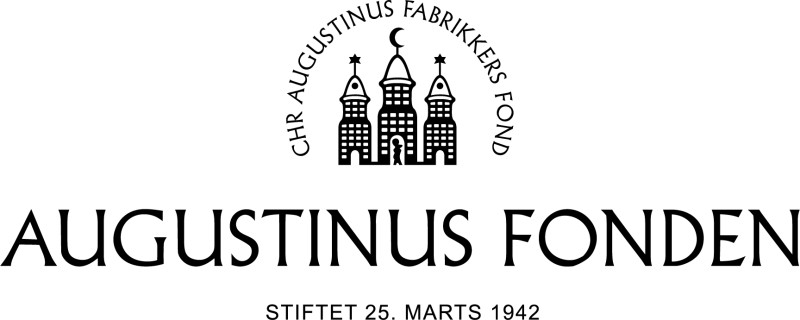
Hans-Peter Feldmann – 100 Jahre
See 100 Jahre. This gripping photographic work features 101 portraits, together depicting a century of history – from an 8-week-old baby to a 100-year-old woman.
What do 100 years look like? And how does one go about encapsulating the passage of time?
This is exactly what the German conceptual artist Hans-Peter Feldmann (1941-2023) endeavours to do in 100 Jahre (2001). The work comprises a series of black-and-white photos that depict 101 individuals aged from eight weeks to one hundred years, displayed in chronological order and accompanied by a bouquet of fresh flowers.
The first name and age of each person is stated beneath their photo, each person representing an age and a moment in life. Starting with a portrait of eight-week-old Felina, the series concludes with a portrait of 100-year-old Maria Victoria.
He photographed the people over a period of three years: all of them come from Hans-Peter Feldmann’s own family, circle of friends or network. In other words, his basis for tackling the passage of time in 100 Jahre was both deeply personal and emotional.
Even though we have no personal knowledge of the people portrayed, our encounter with the photographs sparks an immediate relationship and reaction. Of course, each person represents their own story, and we can try to interpret it; but what really brings them to life is when we compare our own age and stage of life with those of the individuals we see. Following the series in one, unified sequence physically evokes the passage of time.
Created between 1998 and 2000, 100 Jahre is one of Hans-Peter Feldmann’s most important works. It captures the essence of Feldmann’s art, which challenges the world around us and encourages us to perceive the poetry of everydayness.
Om kunstneren
Hans-Peter Feldmann (1941-2023) was a highly influential German conceptual artist. He was born in Düsseldorf, where he lived and worked for most of his life. Feldmann began his artistic career in the late 1960s under the influence of pop art, which used material from everyday life and popular culture as a source for art.
Throughout his life, Hans-Peter Feldmann collected all kinds of images – ranging from magazine clippings to his own photographs – in a huge archive. This formed the basis of his work, which was all about challenging us and – often humorously – directing our attention to familiar aspects of everyday life.
Feldmann’s artistic oeuvre was also coloured by a critical attitude towards the commercial structures of the art world and the values associated with art. For example, he would often challenge the latter by leaving his works unsigned and producing unlimited editions, while, in the 1980s, he completely withdrew from the art world for almost a decade, giving away or destroying all the works that were in his own possession.
Hans-Peter Feldmann exhibited at a number of major international art institutions and events: for example, the Solomon R. Guggenheim Museum, MoMA, MoMA PS1 (New York), Lenbachhaus (Munich), Deichtorhallen (Hamburg), Museum Ludwig (Cologne), documenta 5 and 6, the Venice Biennale, Walker Art Center (Minneapolis) and Museo Reina Sofia (Madrid). Feldmann’s works feature in the collections of leading art museums, including: MoMA (New York), Hamburger Bahnhof (Berlin), the Art Institute of Chicago and the Louisiana Museum of Modern Art (Humlebæk, Denmark).
Kunsten x Louisiana
Hans-Peter Feldmann’s 100 Jahre comes from the Louisiana collection. The exhibition is a result of the close partnership between Kunsten and Louisiana. Since 2020, the two museums have aimed to convey the potential of collaboration between art museums and art collections across Denmark.
Top photo: Louisiana Museum of Modern Art, Humlebæk. Acquired with funding from Augustinus Fonden.
With support from

